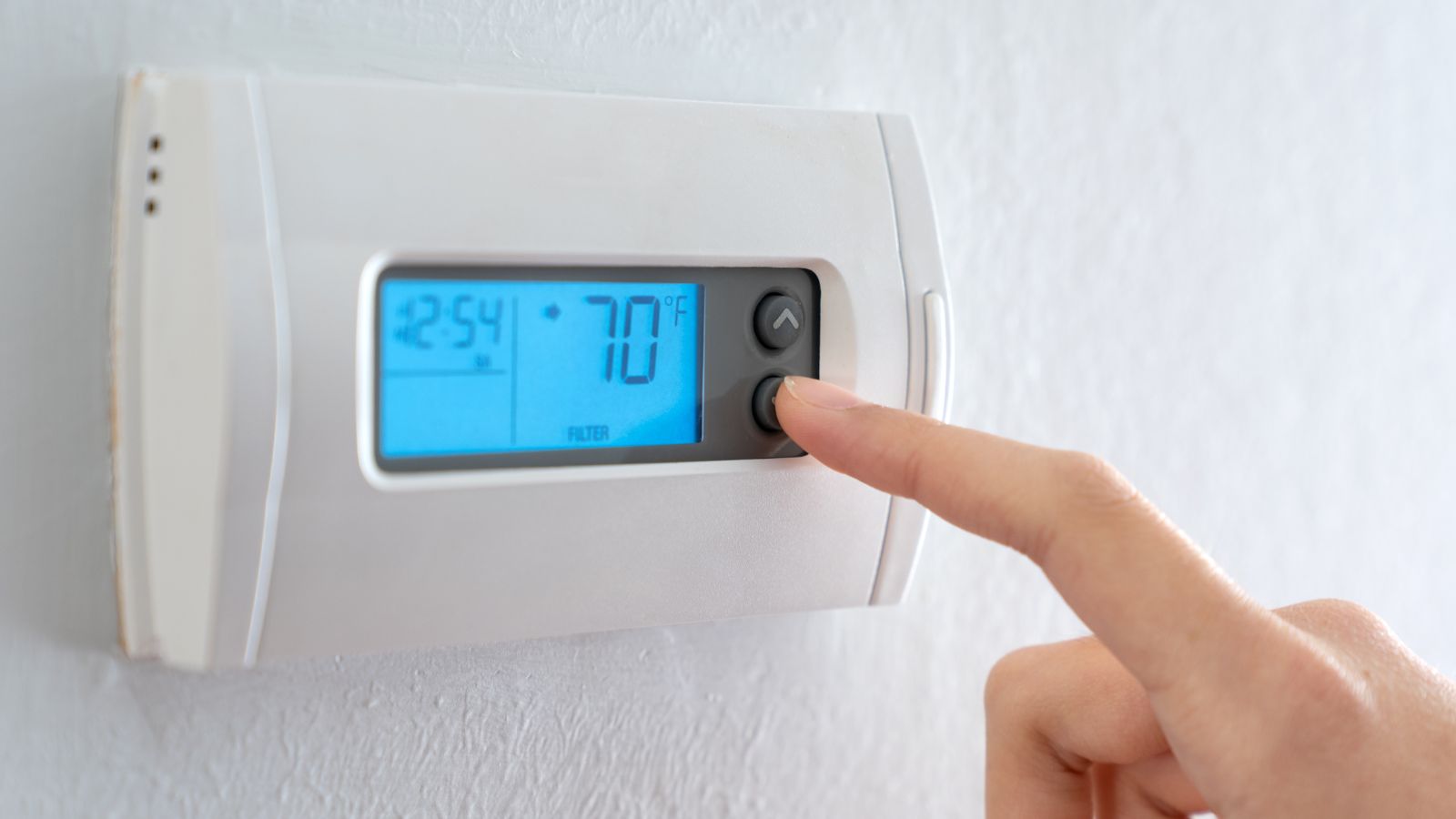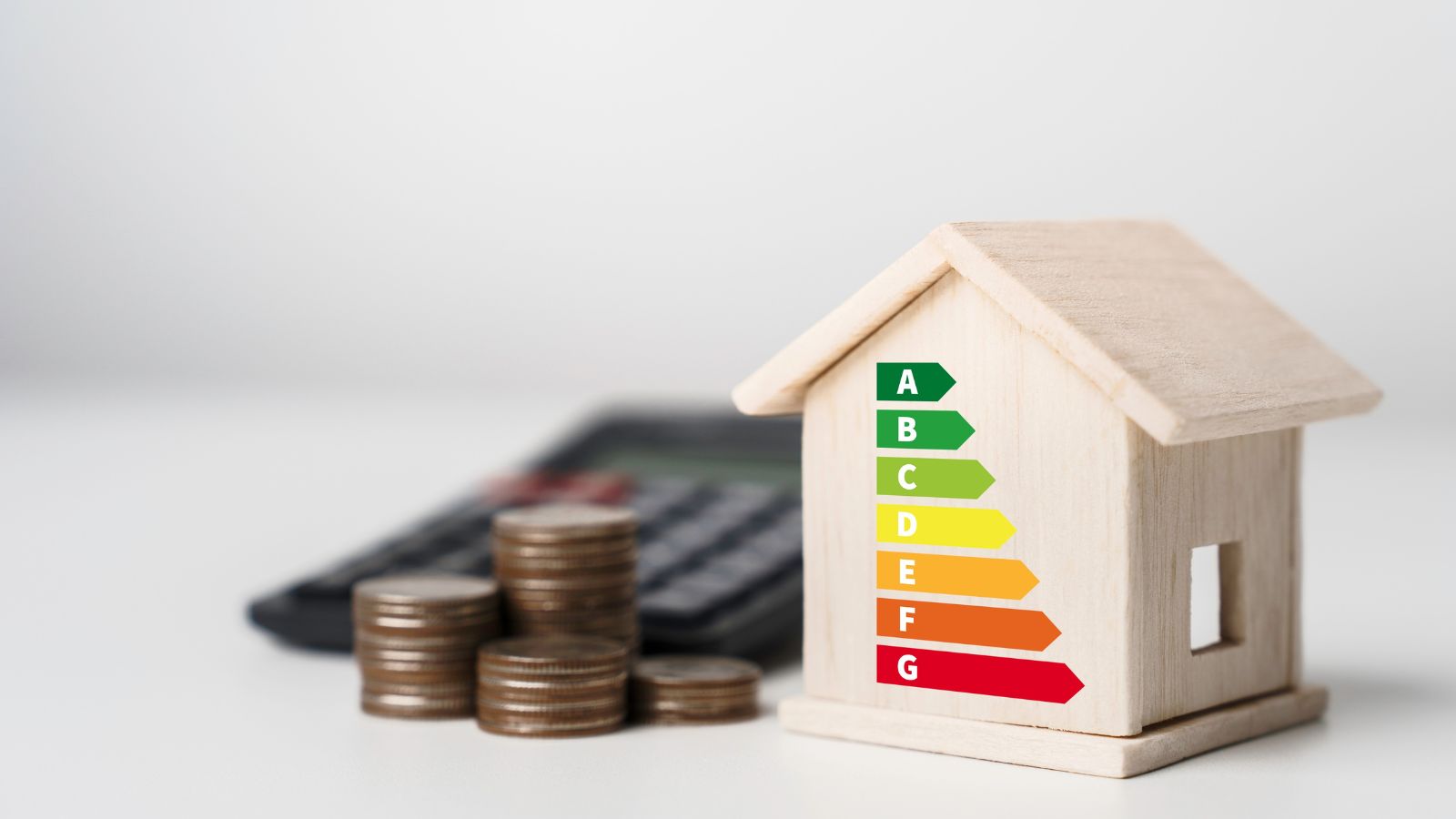Whilst energy prices have historically fluctuated, many people have been unprepared for the sharp increases in recent years. The growing expenses of gas, electricity, and heating oil are silently devastating household finances. Families are facing financial hardship and are being pushed to make difficult choices. These are 20 startling ways that growing energy prices are severely impairing household budgets.
Rising Utility Costs

The impact on your power bills is the most noticeable and direct result of growing energy expenses. Your budget is being eaten away by the cost of maintaining a powered and comfortable home, from heating to electricity. Utility expenses for certain families have been known to double in a matter of years.
Rising Costs for Groceries

Your power bill is just one of the things impacted. Food prices are increasing due to rising energy expenses as well. Families now have greater grocery bills as a result of price increases that are being passed on to consumers. These increases include the energy required to run large-scale farming operations and transportation expenses.
Pressure on Spendable Income

Increases in energy costs also put more pressure on disposable income. Families that had some financial wiggle room are now discovering that their surplus income is mostly allocated to meeting the necessities of their homes, leaving little for savings or leisure.
Leisure Budget Cuts

Luxuries like eating out, movie evenings, and vacations are sometimes the first to go when energy prices skyrocket. Life becomes a little less joyful as families are compelled to reduce their entertainment budgets to pay the rising energy costs.
Diminished Level of Comfort at Home

People are reevaluating how they utilize heating and cooling in their homes due to rising energy expenses. To avoid the high expenditures of climate control, many choose to endure the summer’s heat or wear extra clothes indoors during the winter.
Costs of Energy-Efficient Appliances

Many households adopt energy-efficient appliances to reduce their growing energy costs. However, those appliances are not inexpensive. It might be prohibitively expensive to upgrade initially, which makes it more difficult for households to reduce their energy expenses and consumption.
Impact on Maintenance of the House

Energy is frequently needed to maintain your home, whether it be for power tools, water heaters, or grass mowing. Regular home maintenance is becoming more expensive as energy costs rise, making it difficult for some households to pay for necessary repairs.
The Cost of Charging Electric

Electric vehicles are becoming more common in households as there is a push for cleaner forms of mobility. However, as charging rates increase and further strain already tight budgets, rising electricity prices are lessening the allure of electric vehicles.
Rent hikes

Landlords are frequently being pressured to raise rent due to increased energy prices. This is especially true for rental homes when the rent includes utilities. Landlords are passing on their increasing energy costs to renters, which means they are paying more for rent.
Increased Daycare Costs

Unbelievably, daycare facilities and other childcare providers are also negatively impacted by growing energy costs since they depend on heating and electricity to operate. They then transfer these expenses to parents, burdening families with still additional expenses.
Reduced Retirement Funds

The constant increase in energy prices is eating away at funds that people who are getting close to retirement could use to make their retirement comfortable. Every dollar used for electricity or heating represents a dollar that isn’t being saved for the future.
Increased Debt Interest

Many households turn to credit cards or loans to cover the expenses when energy bills become too high to handle. Interest rates put further strain on finances as a result, creating a risky cycle of debt accumulation.
Paying for Healthcare Is Complicated

Some families are having to make difficult decisions between paying for essential medical care and keeping the lights on due to the growing cost of energy. The pressure is felt even more keenly by those with long-term medical conditions that necessitate energy-intensive equipment, such as oxygen machines.
A rise in anxiety and stress

The increasing cost of electricity is causing financial hardship that is detrimental to mental health in addition to the wallet. Stress and anxiety are on the rise among families who are concerned about how they will pay their obligations each month.
Unwilled Migration

Some families discover that they can no longer afford to reside in their current homes as energy prices continue to rise. They are compelled to downsize or move to more energy-efficient housing or places with less energy expenses, which may be an expensive and disruptive process.
Uneven Heating and Cooling

Rising energy expenses disproportionately affect families that reside in older or less energy-efficient homes. The difference between wealthy and poorer homes widens when they have to spend a lot more on heating and cooling because they don’t have modern appliances or enough insulation.
Growing Costs of Insurance

The dangers of severe weather and power outages increase along with energy prices. In response, insurance firms are increasing premiums, which puts further financial strain on households already dealing with high energy costs.
Job Losses in Energy-Intensive Industries

Manufacturing and other energy-intensive industries are under pressure to reduce expenses, which frequently entails firing employees. Increased energy costs may result in job losses, and taxing household budgets in areas where energy-intensive sectors are the main employers.
Lower Assistance for Regional Companies

Spending at local businesses declines as household energy expenses rise. The local economy may suffer as a result of small firms having to reduce personnel or raise prices to survive, as a result of this decline in consumer spending.
Growing Dependency on Public Assistance

Lastly, as energy costs rise, more households are turning to government aid to make ends meet. More families are using programs like energy subsidies or heating assistance, which is wearing down these safety nets.
Conclusion

Your electricity statement now includes more than simply a line item for rising energy expenses. They are a developing crisis that affects almost every facet of daily living in the home, including entertainment, health care, and grocery shopping. The need for government assistance, alternative energy sources, and energy efficiency has never been more apparent as households fight to keep up.
Though there is no foolproof way to stop growing energy prices, understanding their full impact is an essential first step toward minimizing the negative impacts.
18 Reasons Why People Are Leaving Florida in Masses

Exploring factors that impact the desirability of living in Florida, this list delves into various challenges shaping residents’ experiences. From environmental concerns like rising sea levels to economic factors such as fluctuating job markets, these issues collectively contribute to a nuanced understanding of the state’s appeal.
18 Reasons Why People Are Leaving Florida in Masses
